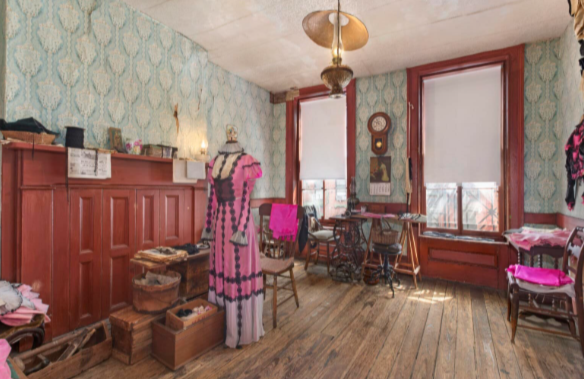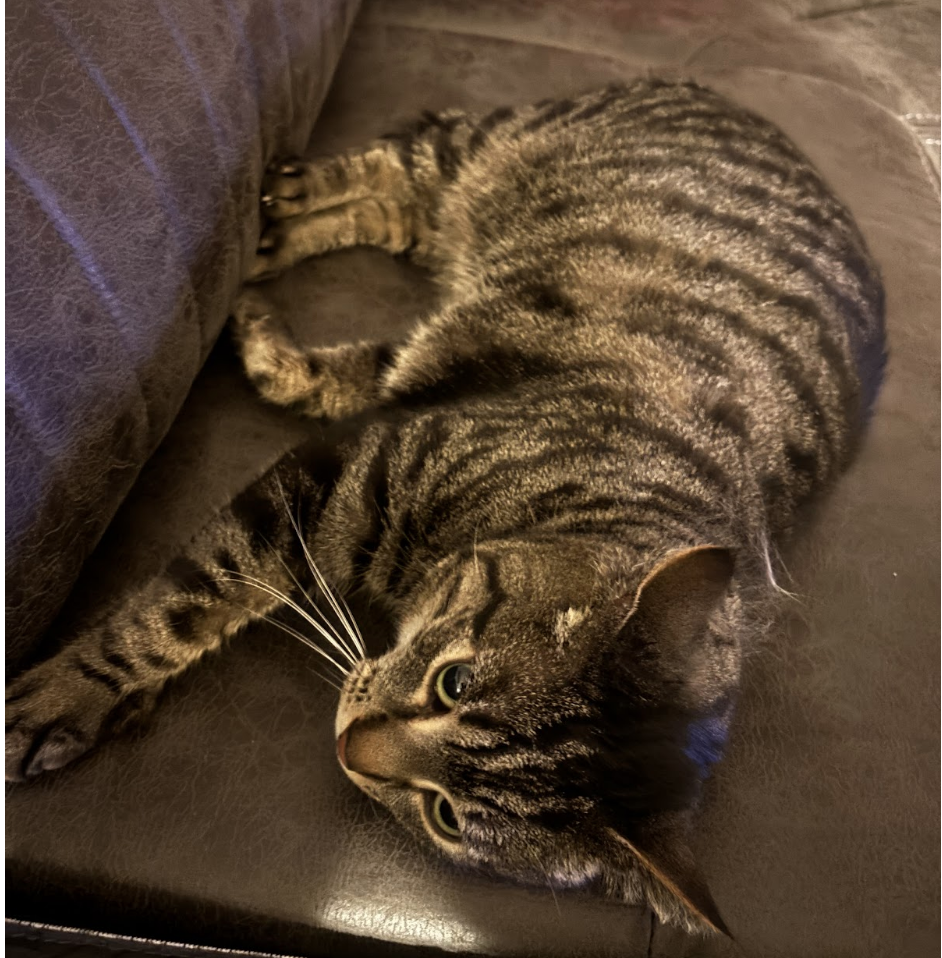
I’ve never been fond of traditional museums, though I wish I were. Peering into glass cases, visitors will look at something seemingly mundane, like a spoon dated to ancient Mesopotamia, with unbridled awe, like they know something extraordinary about the spoon that I don’t(to be fair, they probably read the sign about the spoon while I just stared at it and nodded to convince my peers that I, too, read the sign). Nevertheless, museums have always made me feel uninquisitive, like I am incapable of appreciating the rich past that I’m witnessing, whether that be the sailing history of Nantucket commemorated in their Whaling Museum or internationally recognized art like the Venus de Milo preserved within the Louvre. When my family decided to visit the Tenement Museum in Manhattan’s Lower East Side last weekend, I had no expectations except for standing in place for hours while a guide spouted off a million arbitrary facts about Lower East Side immigration in the nineteenth century. However, the Tenement Women tour proved to be anything but dull.
Taking us through a former tenement building, our ‘educator’ Laura painted the lives of two Jewish immigrant families that lived in the building at the turn of the 20th century. Their refurbished homes served as more than an example of the cramped living conditions of the time period for immigrant families; the intricacies of their businesses and role of women in their family dynamic were delved into. Laura challenged us to see the extraordinary in the lives of seemingly ordinary immigrant families, the Levines and the Lutsgardens. I found myself looking at the census data of the Levines laminated in the tenement building, an activity I would have considered, in any other museum, unbearably mundane. We saw into Jennie Levine’s hectic life managing her children and handling the finances of her husband’s in-house garment factory, which allowed the working Jew to take their day off on Saturday as the Old Testament intended. Heading down to the bottom floor, I witnessed the very essence of the Lutsgardens, who lived in one of the very worst times to be a Kosher butcher. With prices of wholesale Kosher meat rapidly increasing, Jewish women, who were the financial advisors of their families, refused to accept the inflated costs. Thousands gathered in the very streets I stood above, marching for their families, marching for the financial safety of many friends and neighbors who would simply have to go hungry in the wake of meat price increase.
The unsung histories of immigrant women echo through the floorboards of tenement building 97 Orchard Street, giving a testament to the strength of Jennie Levine, Goldie Lutsgarden , and all the hardworking immigrant women who have tirelessly worked to make space for themselves in a foreign America.






